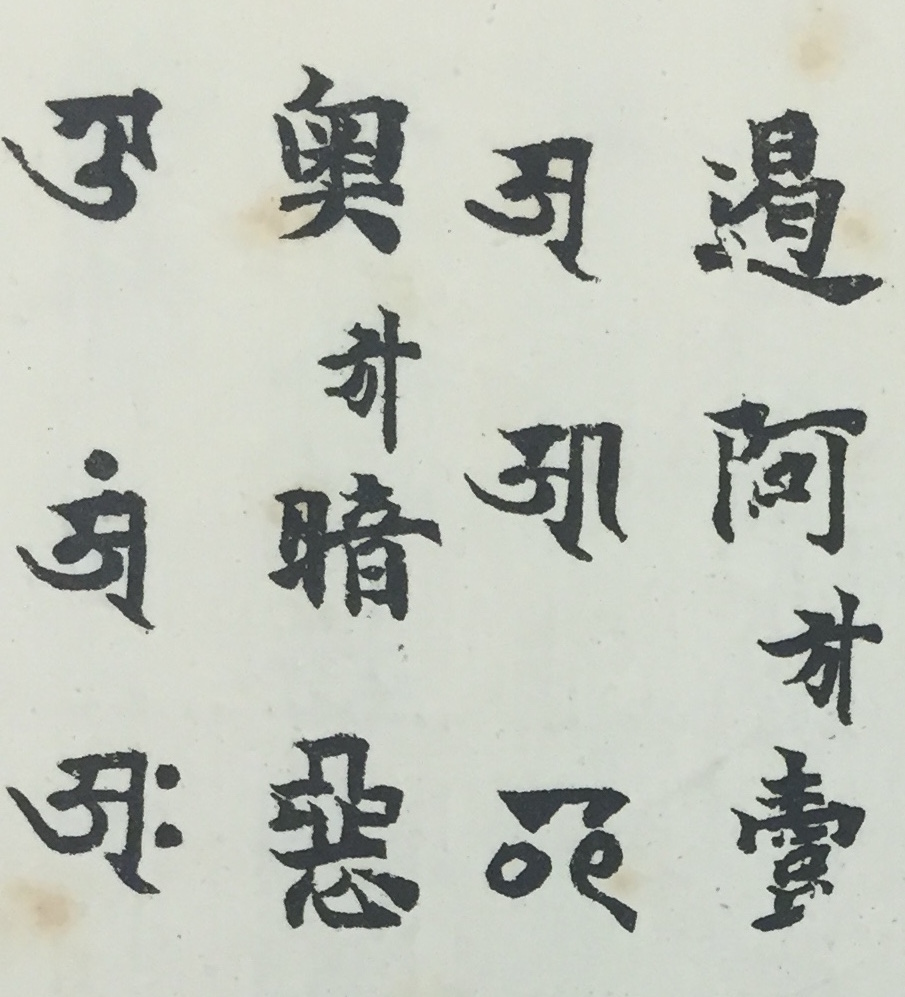
Historians have always been interested in describing the trajectories of empires. The metaphor used for political development has often been that of a human life, from birth through to adolescence, maturity, senescence, and finally death. The topic of this lecture is the senescent phase of empires, more specifically the outmoded but still surprisingly prevalent assumption on the part of historians that whatever other factors have caused an empire to decline, an aesthetic or intellectual failure must also be identified. The
supposed decline in the quality of a late empire’s literary output, or “decadence” to use the term most commonly applied, is however poorly theorized both by historians and literary scholars. There is often a circular logic in the academic division of labor: Historians use the decontextualized insights of literary scholars to argue that literature decreased in quality in an empire’s last phase while literary scholars use historians’ work to read societal decline into literary works. Ultimately this reflects more of our own preconceptions than the thought of the society being studied. This lecture will draw on two very different historiographical case studies, namely the Roman Empire and the Mughal Empire, which ruled much of the Indian subcontinent from the sixteenth century to the nineteenth century. Our understanding of the fall of Rome has become much more sophisticated in recent decades but in the case of India the colonial historiography (itself built upon some long-outdated ideas about the late Roman Empire) is still in need of being reconsidered.


